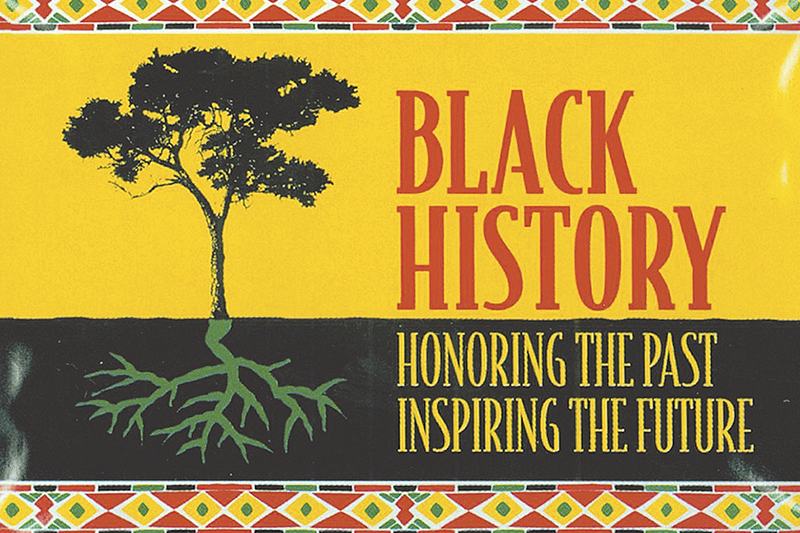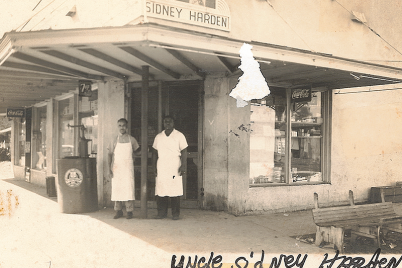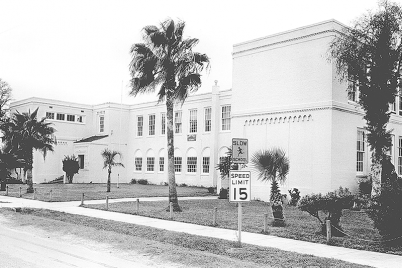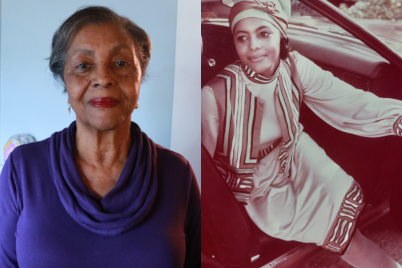Memorable Moments in African-American History
As a people, we find ourselves in a time of turmoil. As such, it has never been more important to know who we are and the contributions we’ve made to the building of this nation and the city in which we live.
We played a major part in the building of our country’s economy, infrastructure (e.g., buildings, roads, railways, etc.) and institutions of governing. We paved the way for women’s rights, human rights, civil rights, gay rights and the rights for disabled. Moreover, we have served bravely in defense of our country, both at home and abroad, despite the fact that for most of the nation’s history we did not enjoy the benefits of being a United States citizen.
Our story has never been told in its entirety. Cultural historian Anthony Browder has frequently stated “the history of African Americans, in fact, African people worldwide, is the world’s best-kept secret.” We know very little about our recent history or of our ancestral history, which includes major accomplishments in every aspect of life. We are taught from books written by the very people who have written us out of our own history.
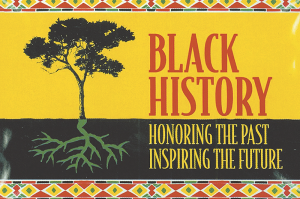 In 1926, Dr. Carter G. Woodson, a teacher, author and the “Father of Black History,” decided that more people needed to know about black people in America. He thought it was important to know, honor and celebrate the history of black people and the many important things that black people are doing today.
In 1926, Dr. Carter G. Woodson, a teacher, author and the “Father of Black History,” decided that more people needed to know about black people in America. He thought it was important to know, honor and celebrate the history of black people and the many important things that black people are doing today.
We cannot study American history, American culture, American politics, American literature, American music or American science without understanding the contributions made by African Americans. Black history laid the foundation for much of American history, and in fact, there would be no America if not for the contributions of African Americans. Yet the study of black history has generally centered on only a handful of prominent figures.
Today’s students are living in a society where race is front and center and they will have a hard time processing the issues of the present if they aren’t well grounded in the issues of the past.
Sadly, the study of social sciences has all but been eliminated in elementary schools in Pinellas County. Only Northeast High School has consistently offered courses on African-American history, albeit as electives. What is taught often takes the form of a sanitized and scrubbed version of history.
A 2015 report showed that a major geography textbook published by McGraw-Hill Education and adopted by the Texas Board of Education referred to slaves as “workers” in a chapter on global immigration. The book was ultimately corrected, yet this is just one example of many attempts to whitewash the oppression and marginalization of African Americans in our country. Not only is this factually inaccurate and insincere, it is a blatant attempt to distort American history as a whole.
In response to this dilemma, Linda Whitley, a retired coordinator of social studies for Pinellas County Schools and myself in partnership with the James Weldon Johnson Community Library will open the Timbuktu Saturday School of African American History.

Gwen Reese

